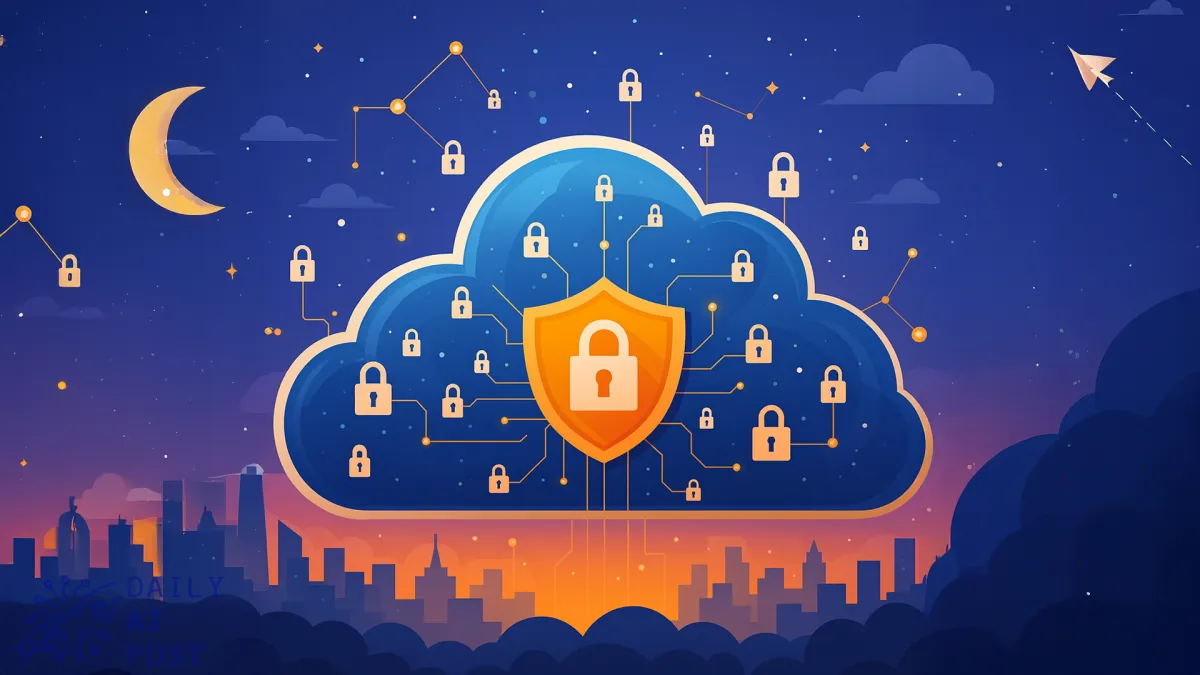
How Machine Learning Is Reinventing Cloud-Native Container Security for U.S. Enterprises
The rise of cloud-native technologies has transformed how American businesses build and deploy applications, but with that transformation comes new security challenges. As enterprises migrate away from traditional virtual machines (VMs) toward lightweight, containerized applications, securing these dynamic environments has become a top priority for IT leaders across the United States.
While VMs enabled the early stages of cloud computing, they remain resource-intensive, often requiring entire operating systems for apps that don’t need them. Containers offer scalability, efficiency, and modularity, making them ideal for microservices and rapid development cycles — but they also introduce new vulnerabilities that can compromise data and operations if left unaddressed.
🔐 The Security Gaps in Containerized Environments
Misconfigurations — even a single line in a .yaml file — can grant excessive permissions, widening the attack surface.
Vulnerable container images from public registries have been found with hard-coded credentials, SSH keys, or malicious payloads.
Kubernetes orchestration adds complexity. Misconfigurations can expose entire clusters to threats, and many U.S. companies struggle with its learning curve.
🤖 How Machine Learning Strengthens Container Security
Machine learning (ML) is revolutionizing container security in the U.S. by:
Analyzing “clean” application states and establishing normal behavior baselines.
Detecting anomalies like:
Unauthorized config changes
Suspicious system calls
Abnormal traffic flows
Advanced ML-powered platforms:
Scan container image repositories for known vulnerabilities
Automate security checks in both dev and prod environments
Trigger instant responses, such as:
Isolating compromised containers
Revoking excessive permissions
Halting malicious traffic via API-linked firewalls and VPNs
This intelligent, layered security enables U.S. companies — especially in finance, healthcare, and government — to run containerized apps securely and in compliance with regulatory frameworks.
⚠️ Why This Matters for U.S. Businesses
As cloud-native adoption surges, AI-driven anomaly detection and auto-response will be critical for:
Maintaining trust
Protecting IP
Preventing breaches
Will U.S. companies embrace ML-driven container security fast enough — or risk falling behind in the next wave of cloud computing?
Stay informed on the future of artificial intelligence and its impact on everyday life by making DailyAIPost.com part of your daily routine—because in the age of AI, staying ahead means staying updated.
